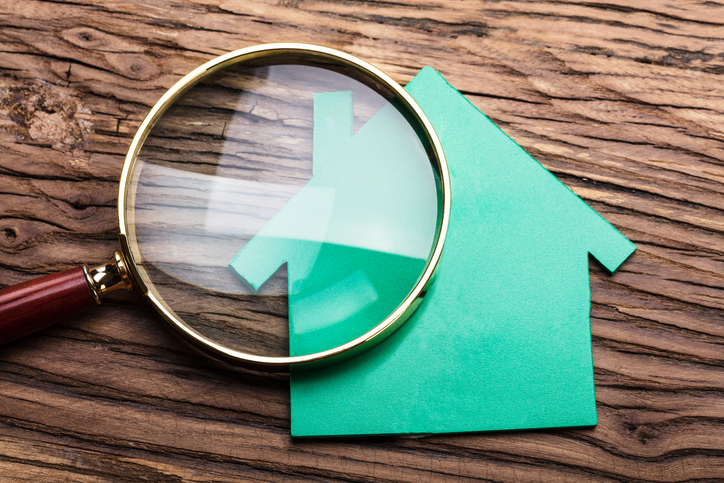7 Home Inspection Mistakes Buyers and Sellers Should Avoid

You’ve found the perfect buyer or seller. You’re happy with the price. All that’s left is an inspection and you’re ready to close on the property. However, this crucial step can derail a done deal if not handled correctly. Below are some mistakes that all buyers and sellers should keep an eye out for:
Choosing the Cheapest Inspector
A home purchase will cost you good money, so it’s tempting to cut corners and scrimp on your inspector. However, the cheapest inspectors often have the least experience, meaning they might miss or gloss over defects. Luckily, your real estate agent can give you a list of trustworthy inspectors they’ve worked with before.
Not Inspecting the Home Prior to Selling
You might choose to relegate the pre-sale inspection to the buyer, but doing so is not always wise. Should buyers find problems during the inspection, you’ll have to do repairs on the double or risk delaying the sale date. That’s why it pays to conduct an inspection before selling so you have more time to address issues.
Skipping the Actual Inspection
A typical home inspection takes at least half a day, which is why many buyers and sellers skip it. However, this is a golden opportunity to ask inspectors about problems as they’re spotted. For the seller, it’s a chance to better understand a defect and how it can be fixed. For the buyer, this is a chance to see the house up close and do your own visual inspection.
Being in the Way of the Inspector
On the flip side, don’t be overly involved that you become a hindrance. It’s perfectly fine to accompany the inspector during his rounds, but don’t be too chatty as he might get distracted and miss something. Moreover, resist the temptation to do their job for them; you’re paying for their expertise, so leave the inspecting to the certified inspector.
Expecting a Perfect Report
It’s hard not to feel affronted when an inspection uncovers flaws in your house, but don’t overreact. A typical report will contain as many as 100 problems, but a vast majority of them will be minor. Read the report thoroughly to understand the magnitude of each issue, and don’t hesitate to ask the inspector what can be done. Likewise, buyers shouldn’t interpret the report as a knock on the property, but rather as a guide for improvements.
Not Inspecting a New Construction
If it’s new, it’s problem-free, right? Surprising as it sounds, even a newly built house can have egregious defects and code violations like an uneven foundation or problematic wiring. In fact, you’d be wise to get two inspections. The first should be done before the walls are closed, and covers the framing and systems installation. The second one should be done after completion, and should cover all the points in a standard inspection.
If you hire a trusted professional and keep the results of an inspection in perspective, you should be well on your way to selling or buying a home. If you need professional advice on home sales, get in touch with Jane Sullivan Horne at 540.493.1690 or 800.858.4653 or via Jane(at)JaneAtTheLake(dotted)com.





